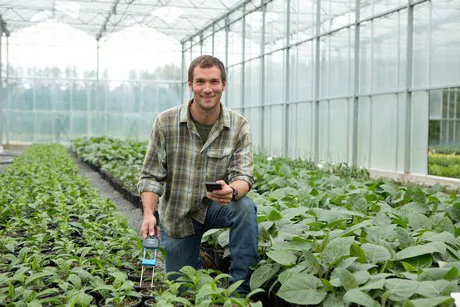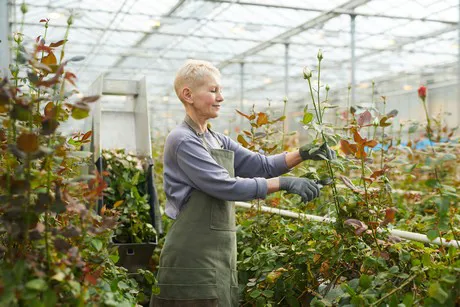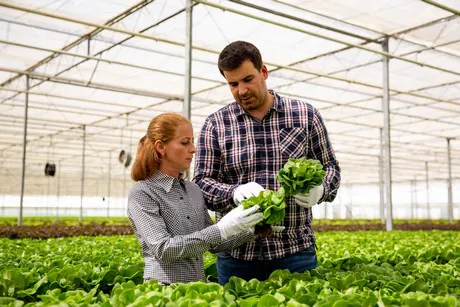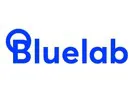During its 30 years in business, Bluelab, the New Zealand-based ag-tech company, has become known as an industry standard for its highly accurate and robust measurement tools for controlled agriculture. In June this year, Bluelab announced its rebranding, revealing a modern new look as well as a brand-new purpose: the art of growing for a healthier world.
When describing its new purpose, Bluelab stated that while there are many moving parts to this journey, one of its key aims is to tackle unsustainable growing practices and elevate the standard of growing across the world.

It’s easy to see why this is one of the company’s leading concerns. The ever-increasing demand for food has led to widespread unsustainable growing practices, such as the excessive use of pesticides, fertilisers and natural resources. Bluelab identifies controlled environment agriculture (CEA) as a remedy, where this technology-based growing method allows growers to maintain optimal conditions and outputs while reducing the amount of environmental impact and waste.
Bluelab has revealed its four-pronged plan to elevate the standard of growing.
Create the right tools for the job
Bluelab has reiterated its commitment to keep providing - and to constantly improve and tweak – the innovative technology and software that growers need to master CEA.
Elevation through education
Bluelab plans to break down the barriers to CEA by ensuring that growers have better access to the knowledge they need to succeed at every stage of the growing journey. In many ways, Bluelab’s evolution in 2020 occurred because of COVID-19, which acted as a catalyst for the company to bolster its digital assets, simultaneously launching an entirely new website, as well as its Art of Growing blog platform. This blog will be refreshed regularly with content from its team of in-house experts.

In addition, Bluelab has rolled out virtual training for retailers and distributors so that they, in turn, can become guides for their growers.
Championing those who grow for a healthier world
Bluelab will celebrate CEA growers by sharing their success stories both on the Art of Growing blog as well as the company’s social media channels. Bluelab has also expressed the desire to introduce grower-specific awards in the coming months.
Reducing waste through warranties and post-sale support
Lastly, Bluelab is determined to help growers minimise waste no matter where they are in their growing journey. For beginners, this means avoiding cheap, single-use products that contribute to landfill waste; Bluelab also plans to assist intermediate and advanced growers to scale in sustainable ways. From industry-leading warranties to comprehensive roadmaps, knowledge sharing and case studies, Bluelab wants to show growers that it’s possible to have a commercially viable business while minimising negative impact on the planet.

When elaborating on Bluelab’s vision for the future, CEO Greg Jarvis said: “As a company dedicated to helping growers succeed in controlled agriculture for over 30 years, we feel that we are in a unique position to truly become a partner for those dedicated to mastering the art of growing for a healthier world. While plants can be used to solve some of the world’s most pressing challenges, unsustainable growing practices can’t be part of the solution.”
Bluelab has acknowledged that the journey to sustainability is a marathon, not a sprint. While the company is already in the process of launching new initiatives for growers, retailers and distributors, Bluelab is also looking internally to address where the company itself falls short.
In fact, Bluelab has taken a completely transparent approach to its own sustainability journey, with CEO Greg Jarvis providing monthly updates on progress in his Journey to a Healthier World blog.
Ultimately, Bluelab’s new purpose has unveiled another side to its identity – as a company that is wholly and boldly committed to playing its part in creating a healthier world for all.
For more information:
Bluelab
www.bluelab.com
